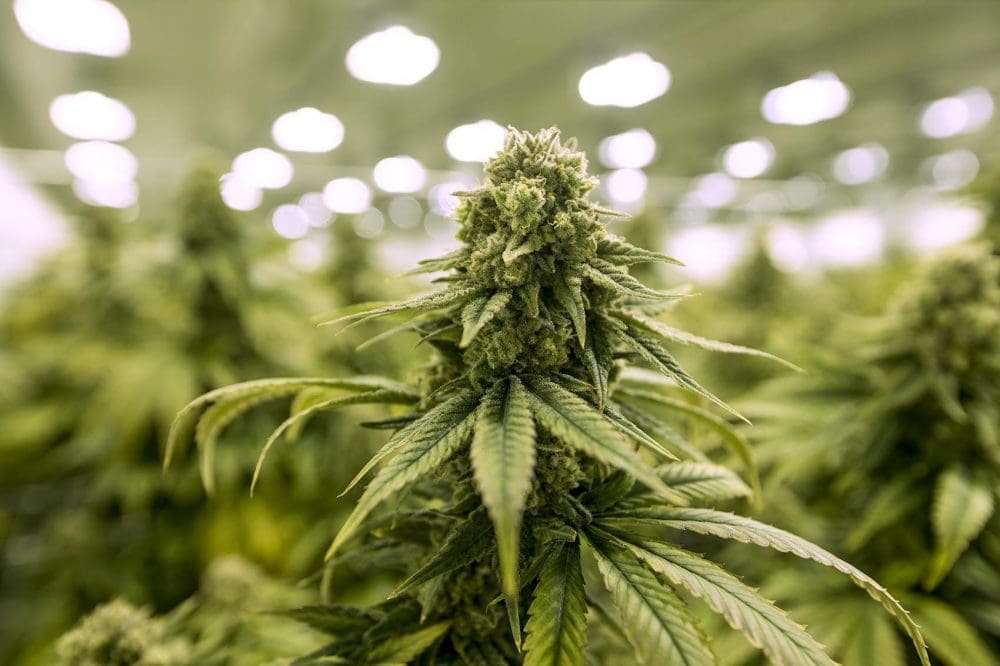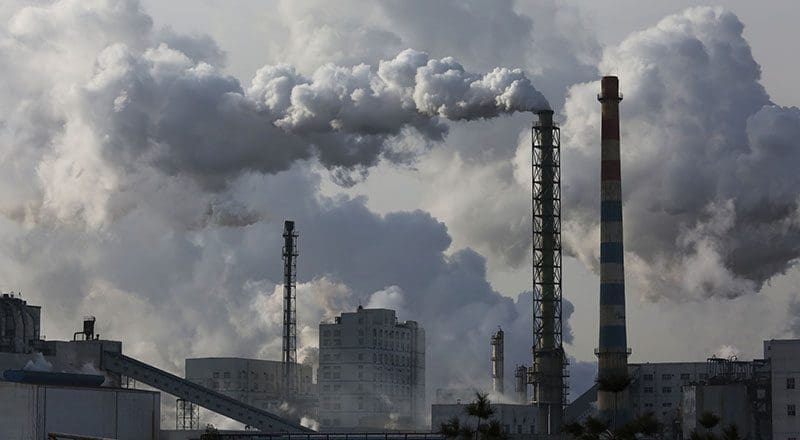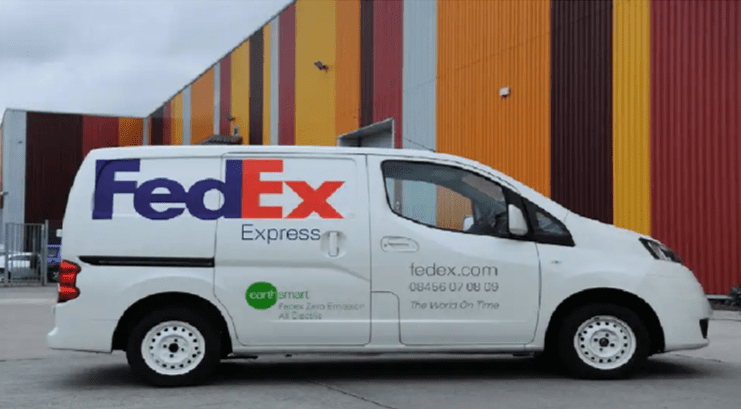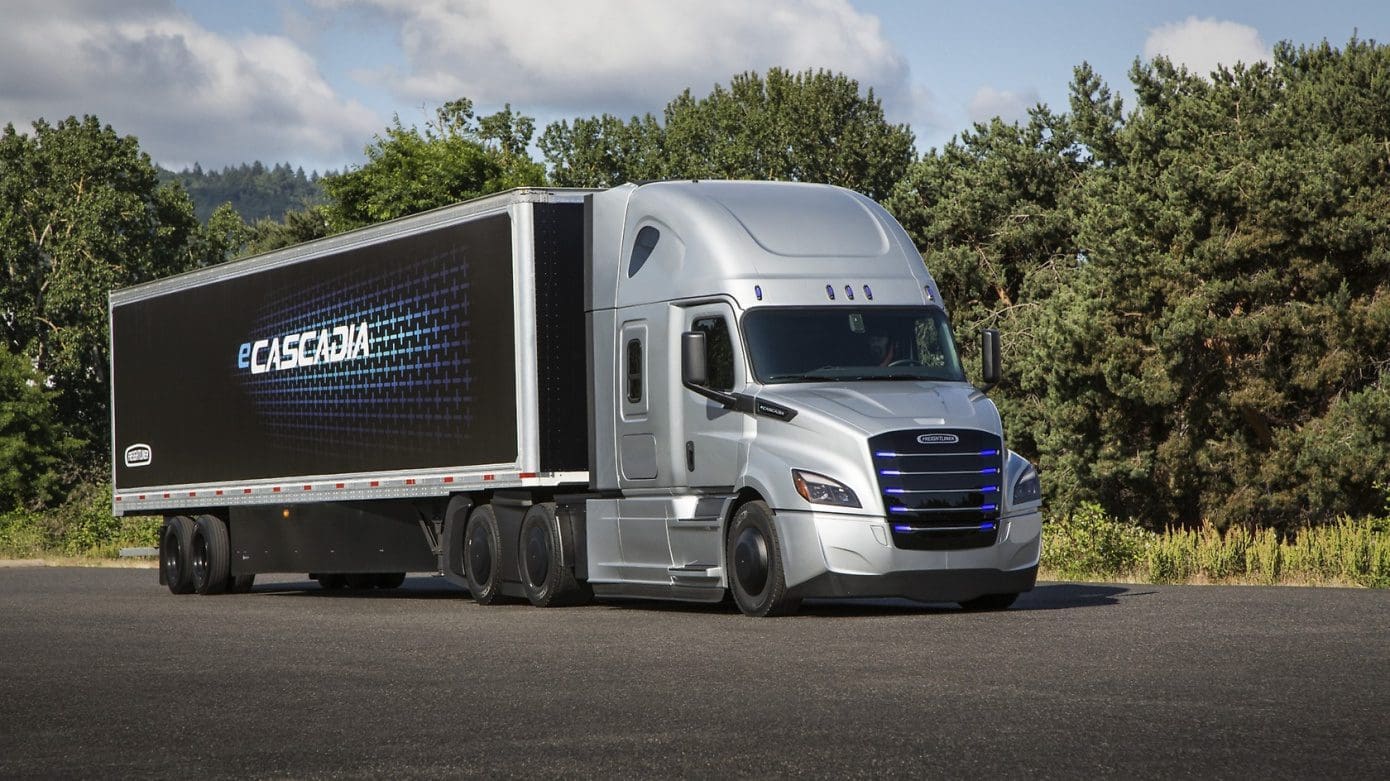The marijuana supply chain is an interesting market to follow. Like any agricultural product, there are ebbs and flows to its supply and demand. However, there is one caveat in the marijuana supply chain that makes things a bit trickier: in most states, cannabis products can only be sold and consumed within the state that […]
Ana Swanson of the New York Times wrote an article called Climate Change May Usher in a New Era of Trade Wars. The key point of the article is that legislation and policies aimed at fighting climate change could also further erode free trade. “The new policies,” Ms. Swanson pointed out, “are pitting close allies […]
In January 2023, the Germany Supply Chain Due Diligence Act will come into effect, requiring businesses to monitor supply chains for human rights violations and compliance with environmental standards. There has been supply chain legislation before whose goal was focused on making sure various aspects of ESG (Environmental, Social, & Governance) performance were enforced by […]
It is not easy being a last mile carrier; last mile is the last step of the delivery process when a parcel is moved from a hub near a consumer to its final destination. In addition to pressure to deliver on time, the driver shortage, and accidents, carriers face surprisingly high traffic, toll road, and […]
According to Gordon Van Welie, President & CEO ISO-NE, unless new electric markets are developed, rolling blackouts may come to New England grid customers. It should be noted that this is a class of risk not generally considered in North America by supply chain professionals. But, if it can occur in New England, it can probably occur across the entire United States.
On June 1, 2020, the Federal Motor Carrier Safety Administration (FMCSA) revised the hours of service (HOS) regulations for motor carriers. The HOS final rule will go into effect on September 29th, 2020.
The FMCSA HOS final rule is intended to provide drivers flexibility while promoting safety for drivers on the road. As shippers contend with rising freight rates and managing heightened shipment volumes, while at the same time preparing for retail peak season, understanding the potential impact of the new ruling on truckload capacity is critical to success now and through the end of 2020.
Leaders of nine member-states of the Transportation & Climate Initiative have committed to create a regional transportation policy to drive down emissions and strengthen economies in the same stroke. The intention is to employ a market mechanism such as “cap-and-invest”. This device does two things: provides a mechanism to force emissions down and channels funding for transition to cleaner transport.
























